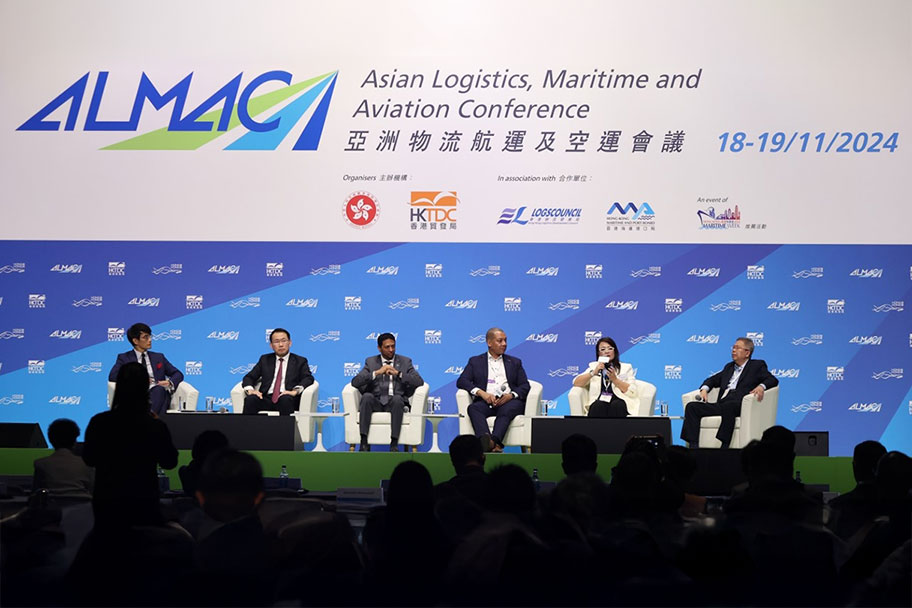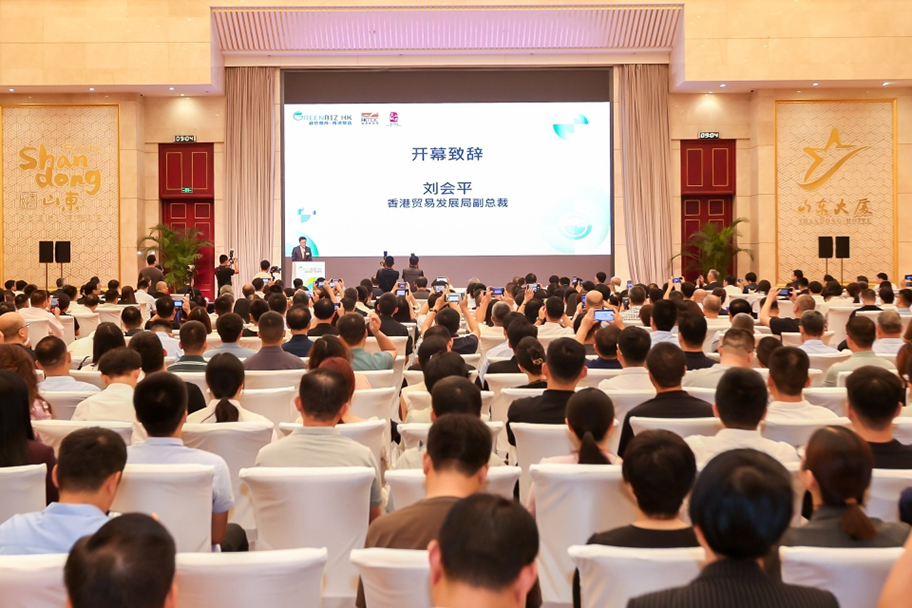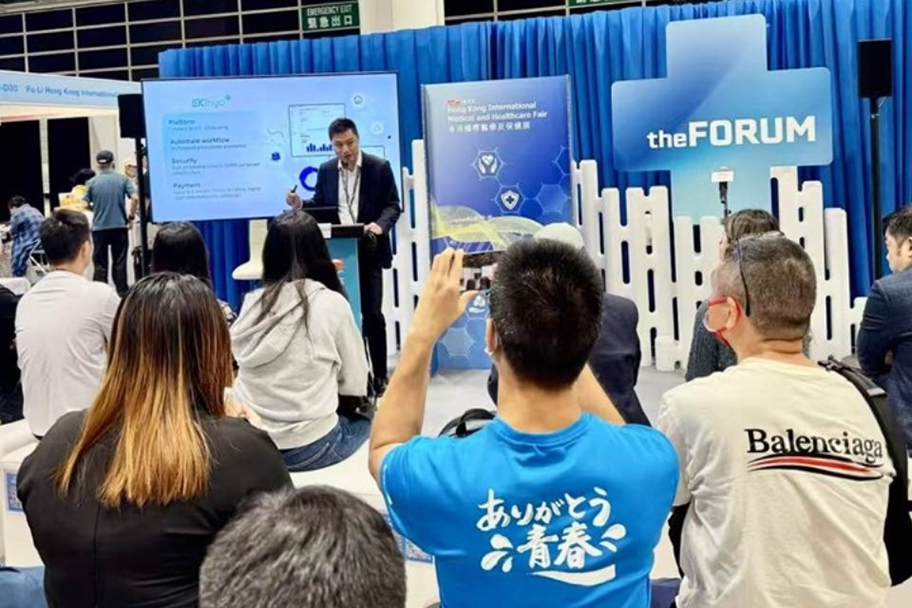Logistics sector resilient in face of disruption
Experts look to new trade routes and digitalisation to support supply chain transformation

Supply chain disruptions and technology integration were the hot topics at the recently concluded Asian Logistics, Maritime and Aviation Conference in Hong Kong with attendees concluding that businesses must be agile and resilient in their response to climate change, geopolitical tensions and other major issues facing the industry.
Conference attendees noted that supply chain disruption has exposed the vulnerabilities associated with concentrated distribution hubs, and that to build more resilient networks, businesses are exploring alternative trade routes.
"I think the government has to develop new trade links such as how the Hong Kong SAR government is working very closely with the Belt and Road countries and regions,” said Hong Kong Air Cargo Terminals Chief Executive Wilson Kwong.
Despite the time and effort required to set up new routes, nevertheless, the logistician is confident that Hong Kong’s status as an international aviation hub will ensure that it is best placed to take advantage of improved connectivity to global markets.
“With the commencement of the three-runway system, the cargo capacity of the Hong Kong International Airport will be raised to 10 million tonnes per annum in the next decade,” he disclosed.
“Working with a government that facilitates business, a business-friendly Airport Authority, and a very engaging and cooperative community, leads me to be very positive about the future."
Across more than 20 conference sessions, over 2,200 participants from over 30 countries and regions discussed the latest insights on major issues facing the industry.
Industry players noted that in today's rapidly changing global landscape, the dynamics of supply chains are undergoing a substantial transformation.
While speakers identified innovation and digitalisation as the key competencies for logistics business to successfully deal with external change, attendees also acknowledged the pace of technological change is unprecedented.
“Compared to the other industrial revolutions of our past, in this digital revolution the difference is that it's an extremely fast-moving technology and the windows of opportunity are open for a very short period. If you don’t capture it, then you lose something,” observed Shamika N. Sirimanne, Director, Division on Technology and Logistics, UN Trade & Development.
“It's a concern with this new technology. It's a different technology than what you have experienced.”
The annual conference brought together leading logistics industry experts, new energy and digital innovators, and sustainability and strategy leads from major corporations to examine how global trade trends are impacting key issues affecting supply chain management. These include supply chain diversification, sustainability and green energy, and the benefits and challenges offered by AI and new tech.
Apart from talks, this year’s event also featured an exhibition of close to 90 industry service providers from around the world, including freight forwarding, logtech, maritime, port and supply chain management services and more.
Over 300 business-matching sessions were held during the conference to help connect shippers with service providers and to facilitate industry-wide collaboration.
Original article published in https://hkmb.hktdc.com




